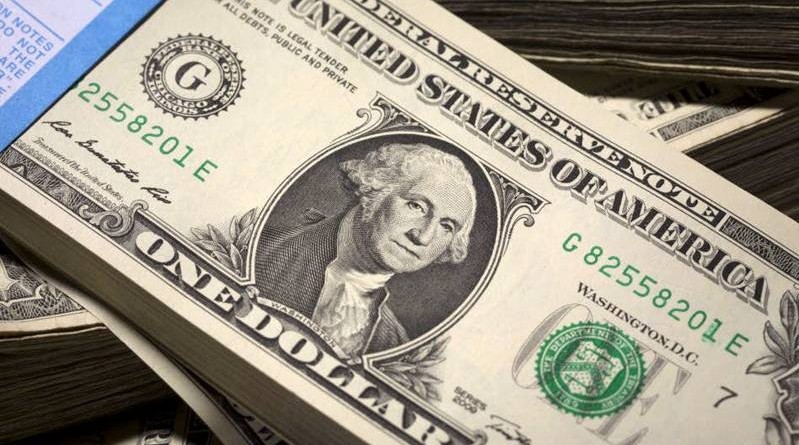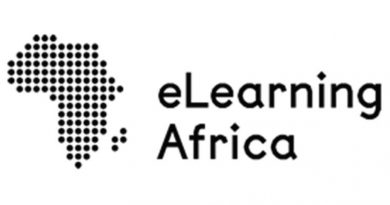CBN introduces “Naira 4 Dollar Scheme” to stimulate more dollar inflows from diaspora remittances
The Central Bank of Nigeria has introduced a new initiative called “CBN Naira 4 Dollar Scheme” which allows all recipients of diaspora remittances through CBN licensed International Money Transfer Operators (IMTO) to be paid an extra N5 per every $1 (USD1) received as remittance inflow into the country.
The scheme is aimed at stimulating more Forex inflow into the country through diaspora remittances and targets senders and recipients of international money transfers. It is designed to last for just two months for now, from Monday March 8th to Saturday May 8th, 2021.
In a circular dated March 5th and issued by the CBN to all Deposit money banks, international money transfer operators and the general public, the bank stated that “the CBN shall, through commercial banks, pay to remittance recipients the incentive of N5 for every USD1 remitted by sender and collected by designated beneficiary. This incentive is to be paid to recipients whether they choose to collect the USD as cash across the counter in a bank or transfer same into their domiciliary account. In effect, a typical recipient of diaspora remittances will, at the point of collection, receive not only the USD sent from abroad but also the additional N5 per USD received.”
Recal that in a 2019 White Paper, “Strength from Abroad The Economic Power of Nigeria’s Diaspora”, PwC noted that “Nigeria accounts for over a third of migrant remittance flows to Sub-Saharan Africa. PwC estimated that these flows amounted to US$23.63 billion (2017: US$22 billion) in 2018, and represented 6.1% of Nigeria’s GDP. The 2018 migrant remittances translates to 83% of the Federal Government budget in 2018 and 11 times the FDI flows in the same period “
It further noted that “The importance of remittances is in the role they play in economies. They help poorer recipients meet basic needs, fund cash and non-cash investments, finance education, foster new businesses, service debt and essentially, drive economic growth. Empirical studies show that the primary benefits of remittances to recipient households is the improvement in their general welfare. According to analysts, 70% of remittances are used for consumption purposes, while 30% of remittance funds go to investment related uses “.
According to the CBN, Nigeria received $17.57 billion in direct diaspora remittances in 2019 as remittances rose by 56.4% when it increased from $11.23 billion within the same period in 2018 to $17.57 billion in 2019.
Unfortunately, Foreign Direct Investment (FDI), which is a major component of Nigeria’s capital importation fell from $2.27 billion in 2014 to $1.19 in 2018.
Similarly, Portfolio Investment and other investments also dropped from $20.7 billion in 2014 to $16.8 billion in 2018. This means that while other sources of financial inflows in Nigeria dropped in recent years, remittances inflow continues to rise.
So the recent Naira 4 Dollar measure by the Central Bank is seen as a positive one especially when viewed in the backlight of the disclosure by PwC that remittances from abroad could strengthen Nigeria’s economy with an estimated amount of $34.8 billion by 2023
Elsewhere, Xinhuanet.com reported on March 3rd that “Bangladeshi people living and working abroad in the first eight months of the current 2020-21 fiscal year (July 2020-June 2021) July 2020 to February 2021, remitted home 16.69 billion U.S. dollars, over 33 percent higher than a year earlier, the country’s central bank data showed Wednesday.”
“Officials said remittance has been steadily rising since the announcement of a 2.0-percent incentive on remittance receipts in June 2019 to encourage the expatriate Bangladeshis to send home more money through formal channels”, Xinhuanet reported.
It appears the CBN is following similar pattern to shore up the remittance inflows from Diaspora Nigerians.
By Chimaobi Agwu




